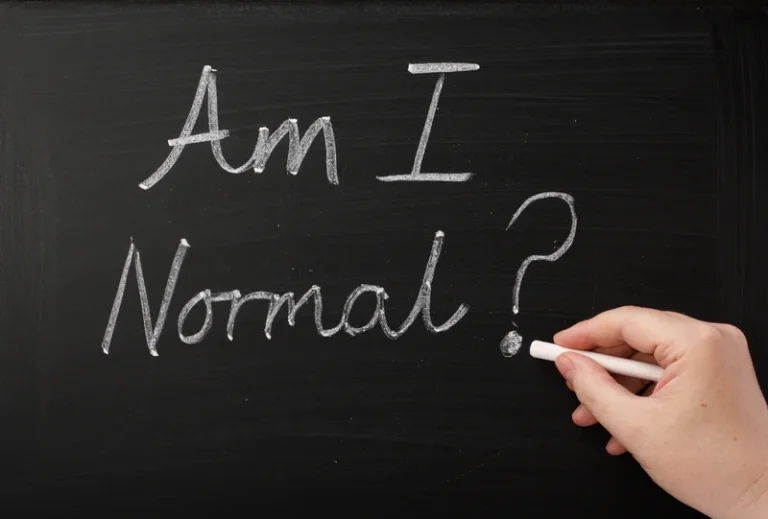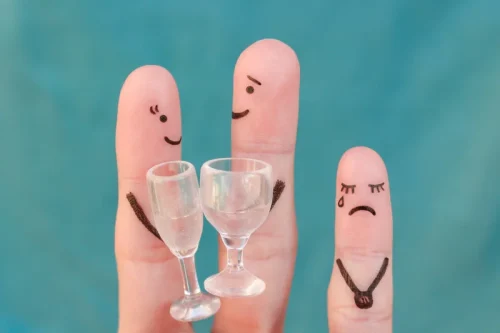REM sleep is vital for healthy brain development, the National Sleep Foundation noted. Not getting enough REM sleep can make concentrating difficult, cause forgetfulness and leave people feeling excessively sleepy during the day. Poor sleep can also contribute to a wide range of health problems, according to the NIH, including obesity, high blood pressure and depression. Consuming two servings of alcohol per day for men and one serving for women can reduce sleep quality by 9.3%.
Learn More About Nutrition and Sleep

Alcohol is highly effective at suppressing melatonin, a key facilitator of sleep and regulator of sleep-wake cycles. Research indicates that a moderate dose of alcohol up to an hour before bedtime can reduce melatonin production by nearly 20 percent. Alcohol has a direct effect on circadian rhythms, diminishing the ability of the master biological clock to respond to the light cues that keep it in sync. Those effects of alcohol on the biological clock appear to persist even without additional drinking, according to research.
Sleep duration, hypnotic drug use, and risk factors: cross- sectional study
They can guide you on what you can do to take your medications as prescribed and stay safe at the same time. Yes, benzodiazepines are commonly prescribed and see widespread use. In a 12-month period spanning 2014 and 2015, experts estimate that at least 30.5 million people in the U.S. took benzodiazepines prescribed by a healthcare provider.
COVID lockdown drinking habits led to a rise in deaths from alcoholic liver disease
Feige et al. (2006)studied five young men and five young women over three nights of drinking. Alcohol wasconsumed before bed to obtain BAC of 0.03 or 1.0% in two different conditions.Data are presented from a baseline night, three drinking nights and two recovery nights.The results for the first half of the night from these studies are summarized in Figure 1. One good first step is to rule out intrinsic sleep disorders, says Dr. Venkata Mukkavilli, a psychiatrist specializing in sleep medicine at UT Southwestern Medical Center’s O’Donnell Brain Institute.
Even low, moderate drinking impairs sleep

Circadian rhythms thrown out of sync can weaken the lining of the gastrointestinal tract, making it more vulnerable to permeation—that’s the leakiness that allows bacteria, toxins, and food to leave the intestines and enter the bloodstream. It’s not because I don’t appreciate a glass of wine alcohol insomnia with a great meal, or a few beers on a hot summer evening. It’s because I know what alcohol can do to sleep and healthy circadian rhythms. There is a higher prevalence of insomnia in people with ADHD and AUD, but consuming alcohol to manage insomnia generally worsens sleeplessness.

Of these 6,318 men and women, 6117 (96.8%) had data on alcohol and sleep. Men consumed more alcohol than women with 15.7% consuming 21 or more units per week compared to only 2.4% of women (Table 1). 30.5% men and 12.8% women scored more than 5 on the AUDIT score, indicating hazardous drinking. While alcohol can help you fall asleep, it does not help you stay asleep during the later hours of the night. It may increase the likelihood of waking up in the middle of the night, resulting in grogginess the next morning.
1 Alcoholism: Sleep EEG Data
Insomnia can be easily treated for most and, if it is caught early enough, completely avoided before any permanent damage has taken hold. Unfortunately, many attempt to use the sedative effects of alcohol to combat their insomnia through self-medication. Our bodies produce melatonin to help control our sleep-wake cycle, which happens to coincide with sunlight. Our pineal gland releases melatonin as the sun goes down, and we start feeling tired. When you drink, you’re essentially throwing your sleep-wake cycle off. This side effect happens to me almost every time I have a drink at night.
- “The last thing I’ll point out is there’s lots of evidence that suggests that the blue lights that are emitted from screens and all that interfere with our sleep patterns,” he said.
- Potential moderators and mediators of treatment outcome, including demographic, clinical, and physiological measures of alcohol dependence need to be considered to identify which alcoholic patients are most in need of adjunctive sleep treatment.
- His team plans to examine whether particular late-night behaviors, rather than timing per se, are linked to poor mental health.

In summary, the preponderance of studies report subjective and objective increase in sleep onset latency and sleep fragmentation with consequently decreased TST in actively drinking subjects with AD. Though alcohol may help you fall asleep faster, it can disrupt the important REM stage of your sleep cycle, leading to lack of sleep or sleep disorders like insomnia. Alcohol can have a sedative or stimulant effect depending on the dose and the time between drinking and bedtime. Some people who drink frequently develop a tolerance to the sedative effects of alcohol.

